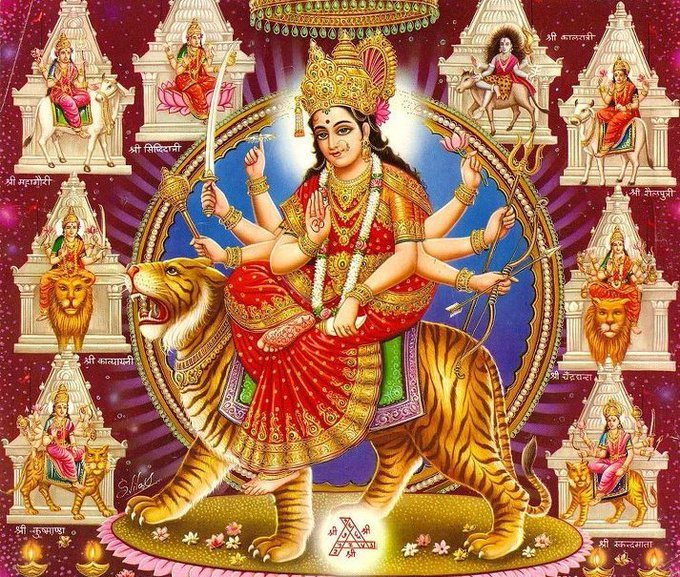SRIMAD MAHABHAGAVATHAM : 2.3 - Swami Krishnananda
----------------------------------------------------------------
Thursday, October 22, 2020. 01:46. PM.
CHAPTER-2. The Process of Creation - 3.
----------------------------------------------------------------
But after having created this total with the fiat of His will, there is no objection to the idea that the process of evolution took place gradually, because the theory is that creation is a cyclic process. It is not a sudden emerging of things that did not exist earlier. It is not that God created the world from nothing. We may say that, in some way, God does not create things Himself, as the sun does not create the problems of life, though without it no movement can take place here. God is responsible for the evolution of the potentials that existed during the conclusion of the previous cycle—called mahapralaya, the dissolution of the cosmos after one hundred lives of Brahma, the creative principle.
The one hundred lives of Brahma is something difficult to imagine in one’s mind. There are four cycles of time, called Krita Yuga, Treta Yuga, Dvapara Yuga and Kali Yuga. Kali Yuga, which is the time through which we are passing now, is considered to be the worst of times because there is conflict everywhere, which is why it is called Kali, which means quarrel. There is quarrel everywhere in this particular time of our life in this world. This period of Kali is supposed to range for about four lakhs twenty thousand years (420,000). Double that time is the duration of Dvapara Yuga. Treble that time is the duration of Treta Yuga. Four times the duration of Kali Yuga is the duration of Krita Yuga. When these fourfold cycles of such long duration revolve one thousand times, it is one day of Brahma; and that length of one thousand cycles of similar duration is the night of Brahma. These cycles constituting the day and night of Brahma make one full day of Brahma, and Brahma lives for one hundred years. Calculating Brahma’s lifespan is like calculating the distance of the stars—so many light years, and much more than that.
This creation lasts as long as the life of Brahma continues. When the hundred years of Brahma are over, there is cosmic dissolution. All the world will become liquid, as it were; there will be cosmic waters. But the question will arise, what happens to the individuals, people like us, when everything in creation is dissolved during dissolution? Do we attain liberation? No, we do not attain liberation even if the whole world is dissolved, because liberation is freedom from desires of every kind. A mere physical dissolution of things does not mean the dissolution of mental desires. Just as sleep is not the end of the day and is only a commencement of the next day, in a similar manner, this cosmic sleep at the time of dissolution is a universal cessation of all activity but not a liberation of the forces of individualities. They will all be dissolved into a seed form of subtle potentiality when the universe dissolves after such a lengthy period of time—namely, one hundred years of Brahma, the Creator. And then there is creation once again.
The process starts in a similar pattern as it was in the earlier creation. The pattern is the same, but the details are different. The mould is cast forever, but the souls inhabiting these moulds vary according to the various stages of evolution in which they find themselves. That is to say, everyone has to pass through every species of creation. One has to be a mosquito, a frog, a snake, a boar, a lion, an elephant, a cow, a bull, and every blessed thing. They are moulds, or patterns of individualities, into which the mental construct—or the souls, we may say—are cast, so that the moulds permanently stay as they are, but the contents inside, the rulers there, differ at different stages of evolution, just as a particular house can be occupied by different people. The house is the same; it does not change, but today someone occupies it, and tomorrow another person occupies it. In the same way is the yatha purvam akalpayat (R.V. 10.190.3), says the Veda: As before, so creation starts once again.
To be continued ...
================================================================




Comments
Post a Comment